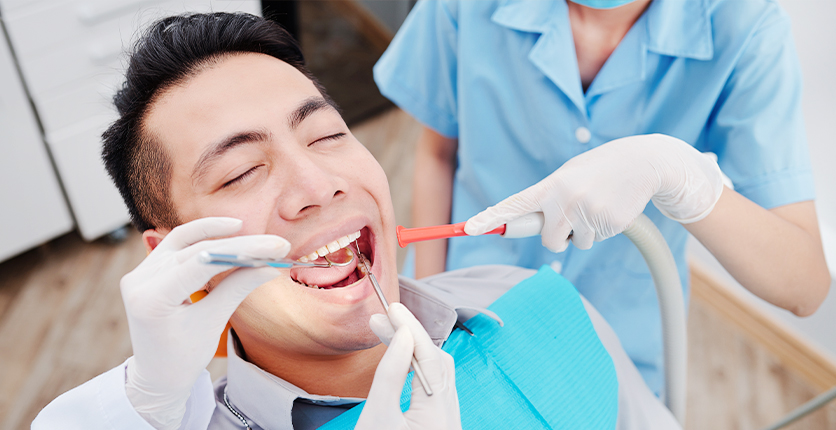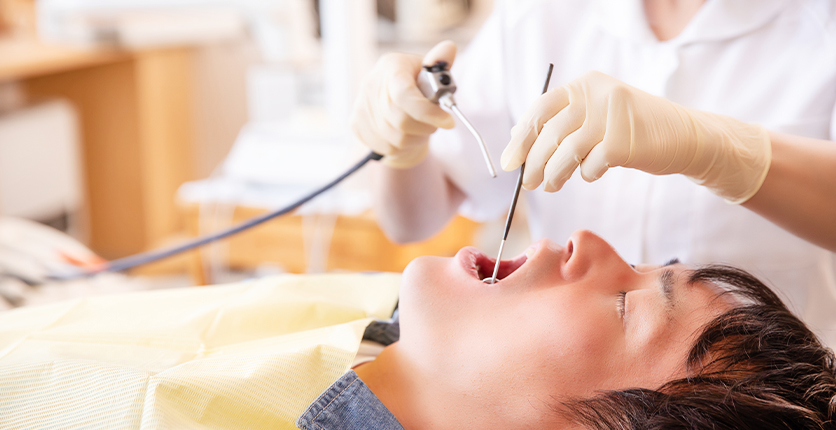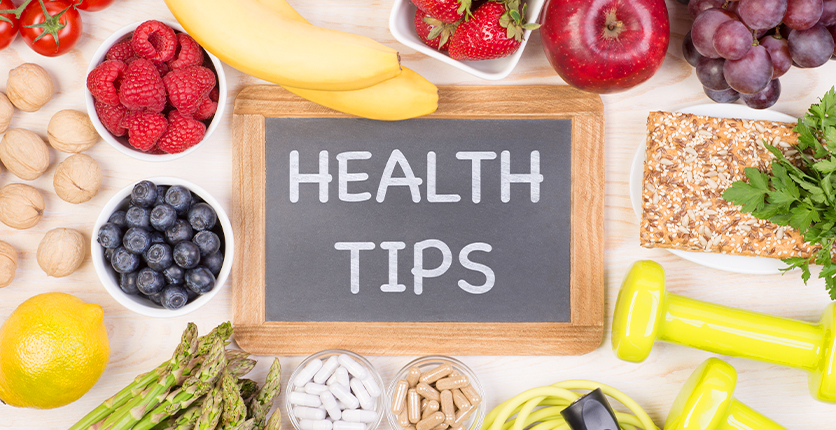How much do you really know about taking care of your mouth? There’s more to good oral hygiene than just brushing and flossing twice a day and visiting your dentist every six months. You also have to use the right dental care products, eat the right foods, and look out for changes in your oral cavity that may indicate problems like gum disease. (Oh, and did you know that poor oral hygiene may also increase your risk of heart disease?)
We asked two dentists to share what many people tend to be unaware of when it comes to keeping their teeth and gums healthy. Some of their tips and recommendations are fascinating while others may surprise you.

1. Your mouth is home to billions of good and bad bacteria
“The oral microbiome is a community of microorganisms, mainly bacteria that live in the mouth,” says Dr Ali Retha, a dentist at Family Dental Centre clinics.
“In fact, there are around six billion bacteria and an estimated 700 different species of bacteria, making the mouth the second largest and most diverse community of microorganisms in the body after the gut.”
Some of these bacteria help protect your teeth and gums and aid digestion, while others are harmful, feasting on the sugar you consume and causing tooth decay. An imbalanced oral microbiome can contribute to problems like bad breath, bleeding gums, tooth decay, gum disease, mouth ulcers and sensitive teeth.
Keep your oral microbiome balanced by maintaining good dental hygiene habits, eating a healthy diet and visiting your dentist regularly.

2. A healthy oral microbiome is linked to your overall health
Research shows that certain microorganisms in the mouth find their way around the body, contributing to chronic diseases such as cardiovascular disease and even Alzheimer’s disease.
“Oral health is therefore a gateway to your overall health; the two are intrinsically related,” Dr Retha adds.
Find out more about how your oral health affects your overall well-being.
3. Our saliva helps fight tooth decay
“Saliva has a major role to play within the mouth,” Dr Retha states.
“It helps prevent tooth decay by re-mineralising the acidic effects of the bad tooth decay-causing bacteria in the mouth, as well as prevents bad breath. People with low levels of saliva are more prone to rapid tooth decay, gum disease and bad breath.
“Since your saliva flow is reduced when you’re asleep, your protection against tooth decay during this time is reduced. Brushing your teeth just before going to bed is therefore important, as it can help reduce the number of harmful bacteria in your mouth.”
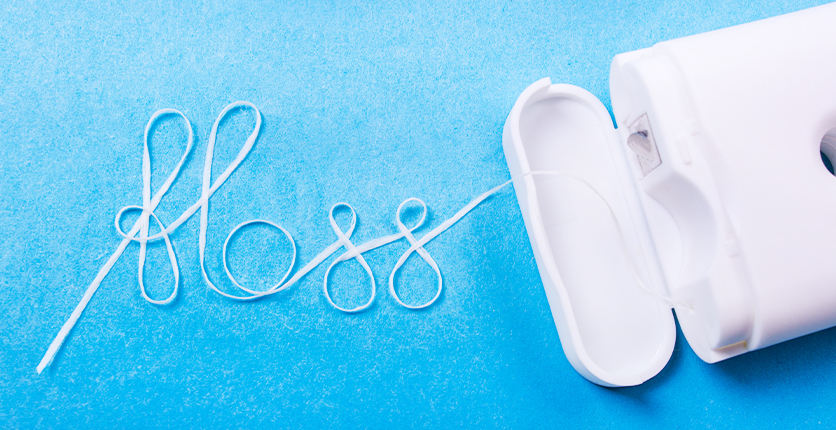
4. Flossing is essential to oral care
According to Dr Evan Lim, a dental surgeon and COO of Royce Dental, brushing your teeth twice a day may help remove plaque and food particles from the surface of your teeth, but it cannot reach the spaces between the teeth or below the gumline.
“On the other hand, flossing reduces the build-up of plaque and food particles in these areas, helping to prevent tooth decay, gum disease and bad breath,” he explains.
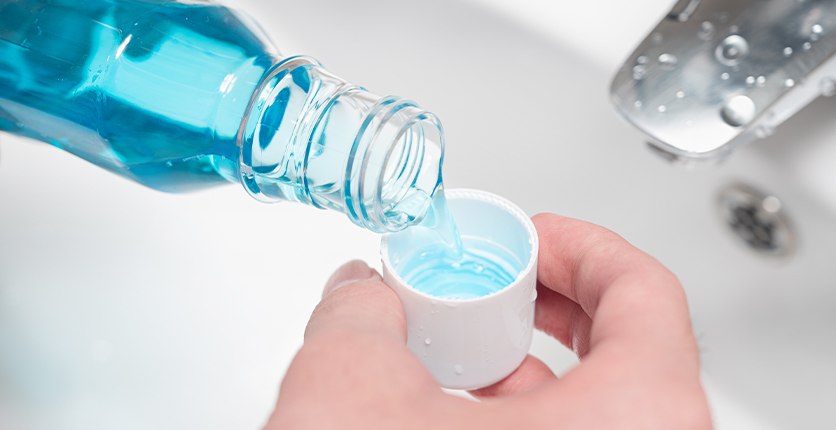
5. Mouthwash is useful but it’s not a must
“Mouthwash can be a helpful addition to an oral care routine, but it’s not essential for everyone,” says Dr Lim.
“Mouthwash freshens the breath, reduces plaque and gingivitis, and may help prevent cavities. However, it’s important to note that not all mouthwashes are created equal. Some contain alcohol, which can dry out and irritate the mouth. Others contain high levels of fluoride, which can be harmful if swallowed in large amounts.”
If you’re considering adding mouthwash to your oral care routine, Dr Lim recommends talking to your dentist or dental hygienist first. They can recommend a mouthwash that suits your specific needs or addresses certain concerns — such as if you have bad breath or gum disease, for example — and guide you in using it properly.
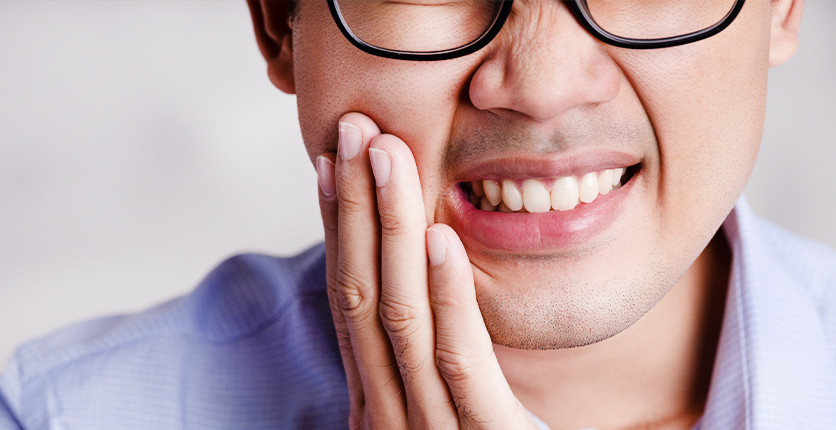
6. Gum disease may lead to tooth loss
Gum disease is usually caused by poor brushing and flossing, allowing the bacteria in your mouth to thrive between the gum line and the tooth. This causes the gum to become irritated and inflamed — signs of early-stage gum disease, also known as gingivitis, says Dr Retha.
Over time, if the condition is not treated, the bacteria can find their way under the gum line where they are harder to remove, leading to a more advanced stage of gum disease, known as periodontitis. Here, the bacteria will release harmful toxins, causing bone loss to the surrounding bone that holds your teeth, which eventually leads to tooth loss.
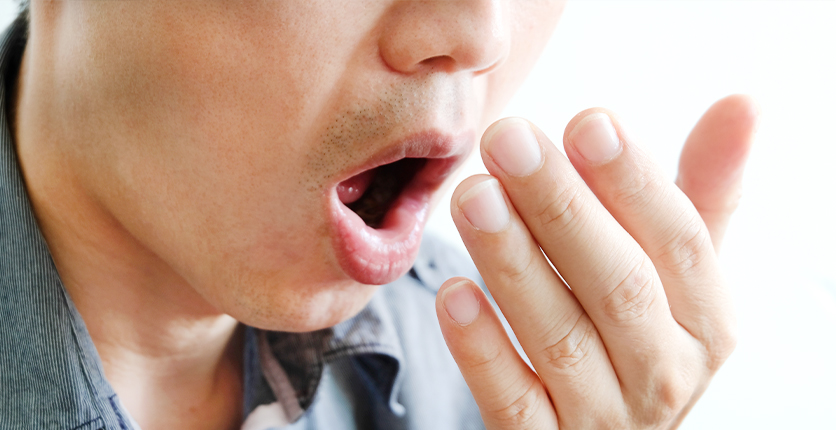
7. Bad breath has many causes
Also called halitosis, bad breath is usually caused by poor oral hygiene and gum disease. However, Dr Retha says that other factors may contribute to bad breath, too. These include smoking, dry mouth, digestive disorders like acid reflux, a tooth infection, and tonsil stones.
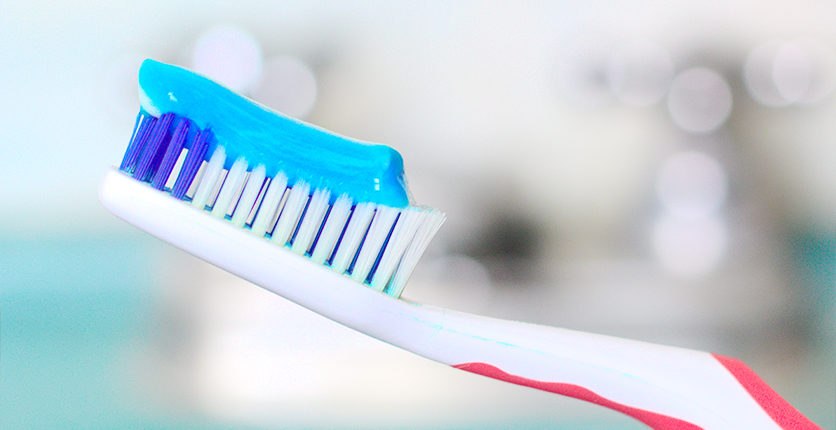
8. Change your toothbrush every three to four months
Or sooner if the bristles become frayed, worn, bent or splayed, Dr Lim advises. Over time, the bristles on a toothbrush can become less effective at removing plaque and bacteria from your teeth and gums, and this may lead to oral health problems.
Another way to tell if you should change your toothbrush is to look at the bristles. Many toothbrushes have bristles that change colour after a while, which is an indicator that it’s time to replace them.
The bristles also shouldn’t feel rough or uncomfortable. If they do, get a new toothbrush.
If you brush your teeth more than twice a day or you brush with a heavy hand, Dr Lim says you should replace your toothbrush more frequently.
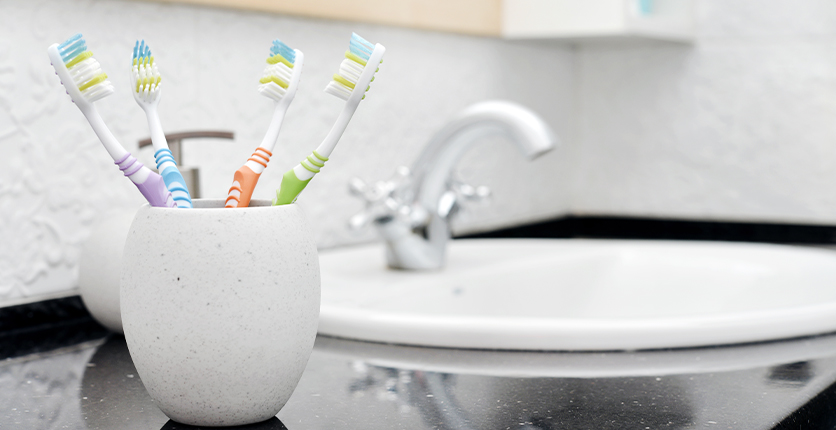
9. There’s a right way to store your toothbrush
“It’s important to store your toothbrush properly between uses,” says Dr Lim.
“Rinse your toothbrush with water after each use and store it upright in a holder where it can air dry. Avoid sharing your toothbrush with others, as this can spread bacteria and germs.”
10. Most people don’t spend enough time brushing their teeth
A typical tooth-brushing session should last for about two minutes but most people don’t do it for this long, Dr Lim points out. Studies have shown that the average person spends just 45 seconds brushing their teeth, which is less than half the recommended time.
11. Dental plaque is easier to remove than tartar
Plaque is a sticky, colourless film of bacteria that forms on the teeth and gums. It constantly forms on our teeth, and if not removed with regular brushing and flossing, it can harden and turn into tartar. Once tartar has formed, this stubborn brown or yellow deposit can only be removed with a professional dental cleaning.
Tartar build-up can lead to more serious oral health problems, such as gum disease, so it’s important to have it removed by a dentist or dental hygienist on a regular basis, says Dr Lim.
“Preventing the build-up of plaque and tartar requires a consistent oral hygiene routine that includes brushing twice a day, flossing once a day, and visiting your dentist regularly for check-ups and cleanings.”

12. It’s okay if you can’t always brush your teeth after every meal
If it’s not possible to brush your teeth after every meal, there are several things you can do to help reduce the build-up of plaque and bacteria on your teeth, says Dr Lim.
“Try to rinse your mouth with water to help wash away food particles and bacteria. Alternatively, chew sugarless gum to stimulate the production of saliva — saliva helps neutralise the acid in your mouth and washes away food particles and bacteria.
“You can also munch on crunchy fruits and vegetables. Apples, carrots, celery and the like help clean your teeth as you chew them.
“And finally, you can rinse your mouth with an antiseptic mouthwash. This will kill bacteria and freshen your breath. However, it’s important to remember that mouthwash is not a substitute for brushing and flossing.”
SAFRA members receive special discounts on dental treatments at Family Dental Centre and Royce Dental, among a range of other dental healthcare providers. For the full list of dental health benefits, go to safra.sg/promotions/
Want more articles like this, and other lifestyle content right in your inbox? Download the new SAFRA mobile app and opt in for the eNSman Newsletter – you don’t need to be a SAFRA member to subscribe – and never miss another story!
